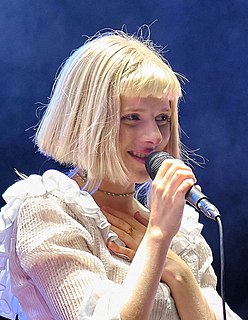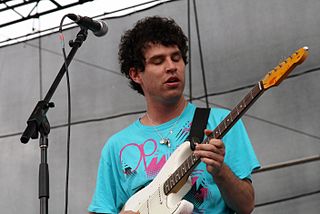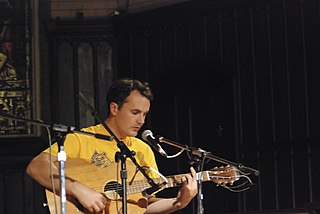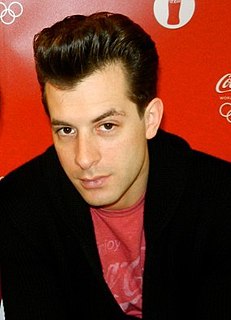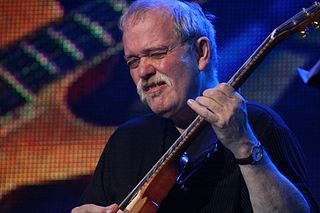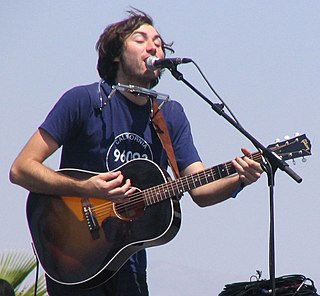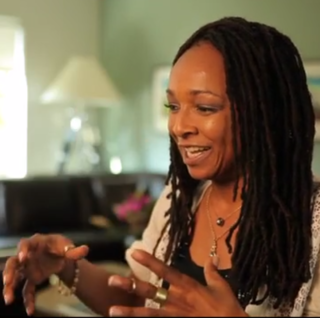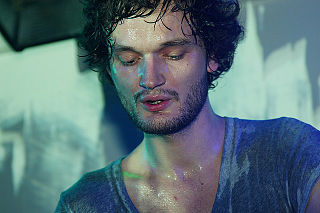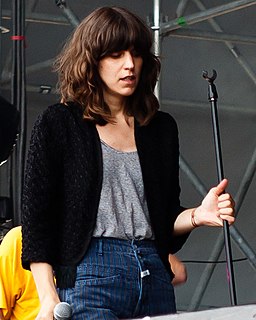A Quote by Aurora Aksnes
I didn't really think about the sound of my songs before I started recording things in the studio.
Related Quotes
Everything has changed since I started recording in 1972. But the very things that have opened this industry, like the digital platforms to reach more people, have also killed things that were happening before in the recording studio. Now, most of the time, there are no real musicians in the studio; it's people with sequencers and things.
If I have a song that I feel is really one of my best songs, I like it to have a formal studio recording because I believe that something being officially released on a studio record gives it a certain authority that it doesn't quite have if it comes out on a live album or is just a part of your show, you know.
I loved the idea of recording. The idea of sound-on-sound-recording captured me as a young kid, and once I realized what it was I had an epiphany. Before I was even playing the guitar, I would create these lists of how I would record things and overdub them, like Led Zeppelin song, 'I could put this guitar on this track...' and so on.
We with Michael Jackson were in the studio recording some work on "Man in the Mirror" or the duet. I can't remember which it was. We did the duet in three languages: English, French and Spanish. So, I spent like a week with him in the studio doing the three songs in different languages. It was just an awesome experience recording with him.
It was more about getting together with other musicians and playing live. I needed to suss out a full set [for the Last Summer tour], and I didn't want to play Fiery Furnaces material. So half of our set was new songs that we ended up recording for this album. And that made such a huge difference - going into the studio after playing a song for two years, knowing it inside-out and having sung it millions of times, and then recording it is a totally satisfying experience. You're suddenly in this controlled environment and you can make it sound exactly as you've been imagining it.
